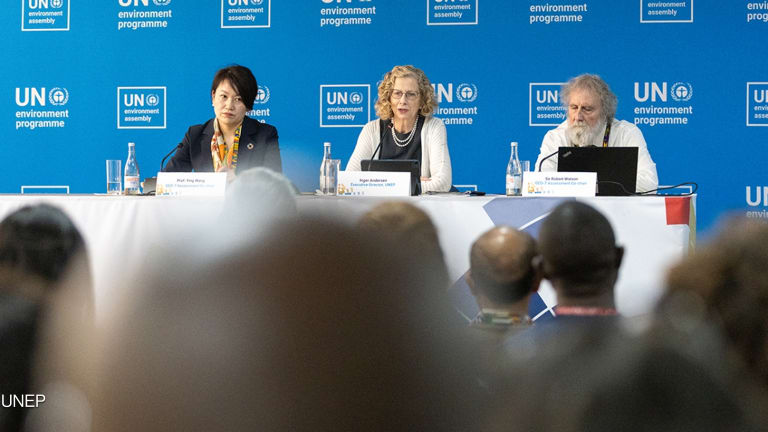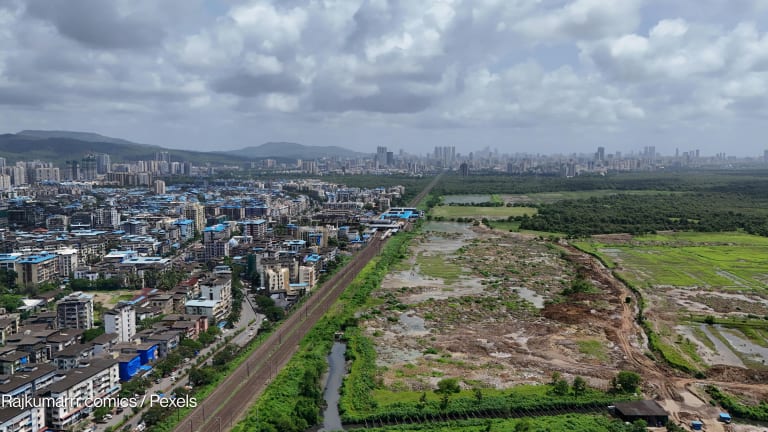
The idea that climate change is everyone’s problem is only partially accurate. While inevitably consequences are felt by all, its causes are mainly driven by a handful of countries and industry sectors, with disproportionately negative impacts on vulnerable populations. We are failing to achieve the pace needed to alleviate the effects of greenhouse gas emissions through the United Nations Climate Change Conferences and joint targets such as the Sustainable Development Goals. Considering the urgent actions required, the moment to point our fingers at those statistically causing more harm has arrived.
Nine of the 10 warmest years since 1880 have occurred since 2005, with a prospect of extreme weather events continuing to grow in the coming decades. The math is quite simple: China, India, Japan, the United States, and Russia alone are responsible for 61% of global GHG emissions. These five countries are also among the largest economies globally.
When analyzing GHG emissions per sector, the data is even more concentrated: around 70% of the global emissions come from three contributors: electricity and heat production at 25%; agriculture, forestry, and other land use at 24%; and industry at 21%. Once again, these are among the top-grossing industries.
The concentration of GHG emissions reveals that the most prominent industries and economies have been building their success at a high price for the entire world. These are the most powerful and resourceful players and there is absolutely no excuse for not investing in cleaner energy sources, climate-oriented technological breakthroughs, and sustainable research and development.
Beyond the moral responsibility of the world’s top powers, it is unfair to transfer the environmental burden of their activities to relatively scarce countries and industries. That is why there must be pressure on policymakers and industry leaders from these players to make bolder commitments to stop climate change now.
Brokering global agreements is crucial for the mid and long-term transformations required in the global productive systems. These agreements will redesign the way emerging economies develop their industries, contributing to a more sustainable future, and will limit the harm any individual country can do to the whole.
However, the immediate negative effects of climate change demand urgent action. During the past decade, extreme weather events have displaced over 20 million people on average worldwide per year. The recent floods in Pakistan, for example, affected over 33 million people and recorded over 1,000 deaths.
Bangladesh, a country where coastlines and floodplains occupy three-quarters of its territory, has its very existence threatened by more severe droughts and floods and has registered a 0.5 degrees Celsius increase in temperature between 1976 and 2019. With even the most conservative projections indicating an increase of 1.5 degrees Celsius over the next few decades, it is expected massive waves of displacement and agricultural shocks will cause instability at a global level.
One of the counterarguments most used against targeted or tailored commitments is that it might affect the competitiveness of these countries and sectors. Why would some stricter rules apply to certain industries and not others? Would this create a negative impact on the performance of these sectors and/or countries? In fact, these questions are fuel for solutions.
The concentration of GHG emissions reveals that the most prominent industries and economies have been building their success at a high price for the entire world.
—Firstly, companies can proactively adopt zero carbon science-based targets to reassure their commitment to responsible practices. Nasdaq, for example, is tracking environmental, social, and governance metrics to inform conscious consumer and investment behavior, as well as brand positioning.
Breaking-edge technology may create new fuel and energy solutions that will increase the demand for goods and services taxed and limited by governments due to their negative environmental impact. The scarcity of resources is nothing but an excuse for the big players, which express the lack of sufficient interest in driving the needed systemic changes.
From the perspective of the population, more often than not, well-coordinated civil resistance movements have been achieving their aims. These movements involve unarmed populations protesting through a range of different methods, from peaceful demonstrations to boycotts. Greta Thunberg, one of the most successful climate activists, is an example of how civilians may alter policymaking.
Her school strikes for the climate mobilized millions of people to protest against climate change worldwide, with subsequent studies indicating people familiar with her activism also felt more confident in supporting collective actions and contacting elected officials to discuss this topic. This type of movement pressures powerful and resourceful players who have robust research and development budgets, which can serve as an incentive for fast-tracking climate-friendly innovations.
As the world now prepares for COP 27 in Egypt in November amid fear of the Ukraine conflict slowing down GHG emission reductions globally, former U.N. climate chief Patricia Espinosa urged countries to “work together to keep the pressure on governments to keep making more and more ambitious commitments.”
These bolder commitments must come from the top five countries to catalyze the achievement of our global goals. The U.S. made a symbolic advancement by ratifying a $369 billion climate and tax package that can be a game changer. This is the type of headline we should continue listening to over the coming months.
It is time for the ones who are causing the most harm to settle their bills and use the power they acquired to the detriment of the world’s environmental well-being to reset our planet.








